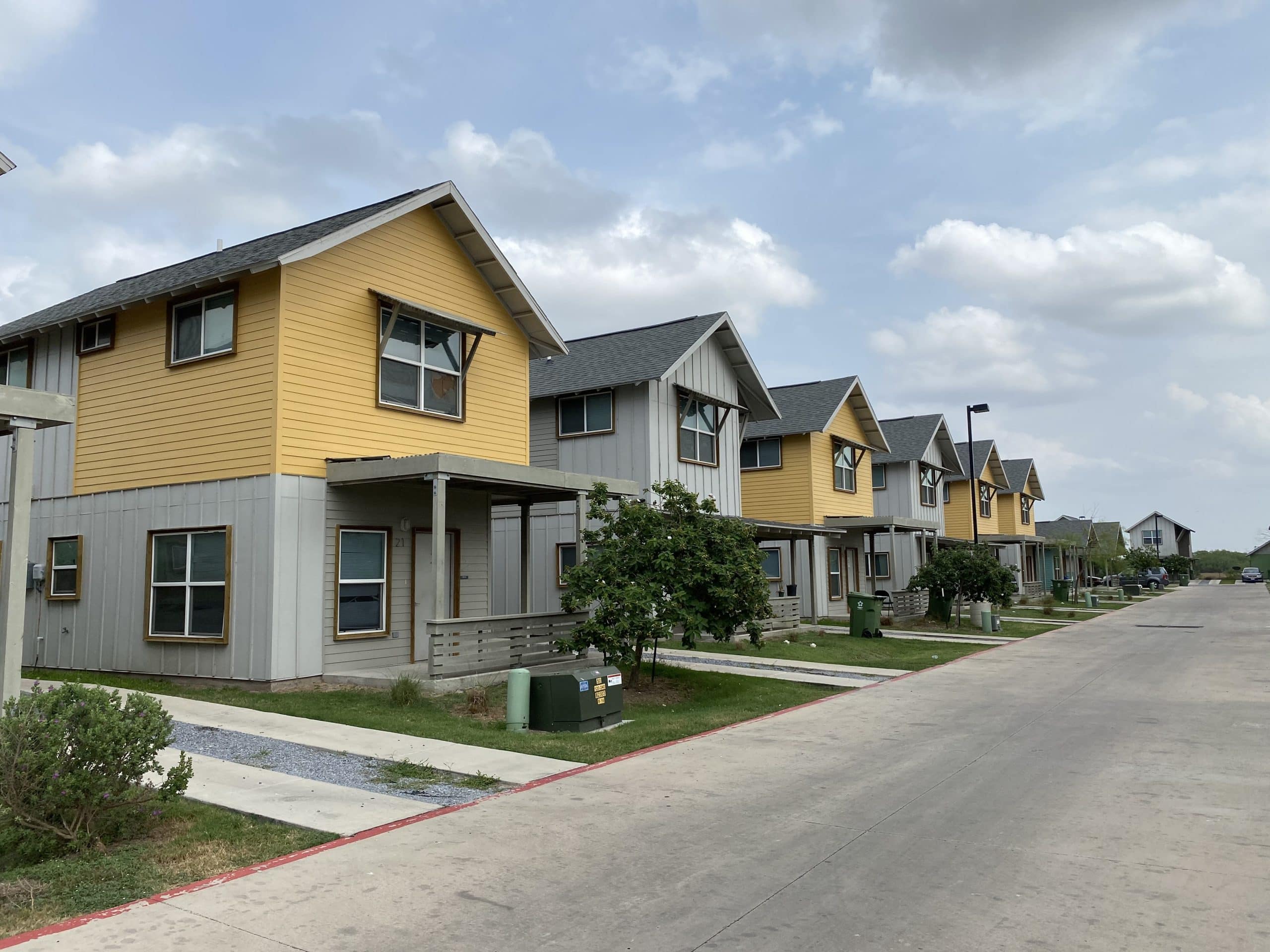
Photo by Ben Adamson CC NC-SA
Rural communities are being ignored. Again.
As discussion of the federal sequester and fights over funding dominate the news channels as well as policy discussions, key gaps in our ability to respond to individuals and households in need are being overlooked. I conducted a survey of rural housing counselors in Appalachia in the summer of 2011 and found some key problems in providing counseling services to rural areas. While the counseling agencies I surveyed were concerned about the future of their funding streams, the providers focused more on a number of other issues they are dealing with that impede their ability to reach households affected by the foreclosure crisis.
- Capacity Constraints: Demand is overwhelming agency capacity. In the past four years, the 55 agencies I surveyed have gone from counseling about 100 households per agency, per year to nearly 700 per year. As a result, over half of the agencies had to divert personnel from pre- and post-purchase counseling activities to address more immediate foreclosure needs. This results in the loss of services vital to reducing future foreclosures.
- Lack of Outreach: Without sufficient staff, agencies are unable to adequately reach homeowners on the brink of foreclosure. The success of housing counseling rests on the willingness, knowledge, and ability of homeowners in distress to find, contact, and work with counselors in a timely manner. When licensed counseling agencies can’t reach households facing foreclosure in time, homeowners may end up coming in for counseling when it is too late for a modification, or they may go to a fraudulent agency and end up in a much worse situation.
- Geography: This distance rural services providers need to travel to offer face-to-face counseling, coupled with the clients’ lack of transportation frequently keeps rural homeowners from accessing services in a timely manner. The Veterans Administration provides a model for how to address this challenge: it uses mobile units to bring services to people who are unable or unwilling to travel. More than 190,000 veterans and families made over 1.3 million visits to Mobile Vet Centers in 2011 alone. Perhaps it is time to consider establishing mobile counseling units to serve rural households in order to prevent future foreclosures among some of the nation’s most vulnerable households.
Housing counseling services are such an important part of responsible homeownership, especially for vulnerable households, and the challenges in service delivery will not be addressed merely through existing funding streams. Finding and implementing innovative and creative approaches is necessary in order to ensure that the significant challenges facing rural communities do not fade into the background.





Comments